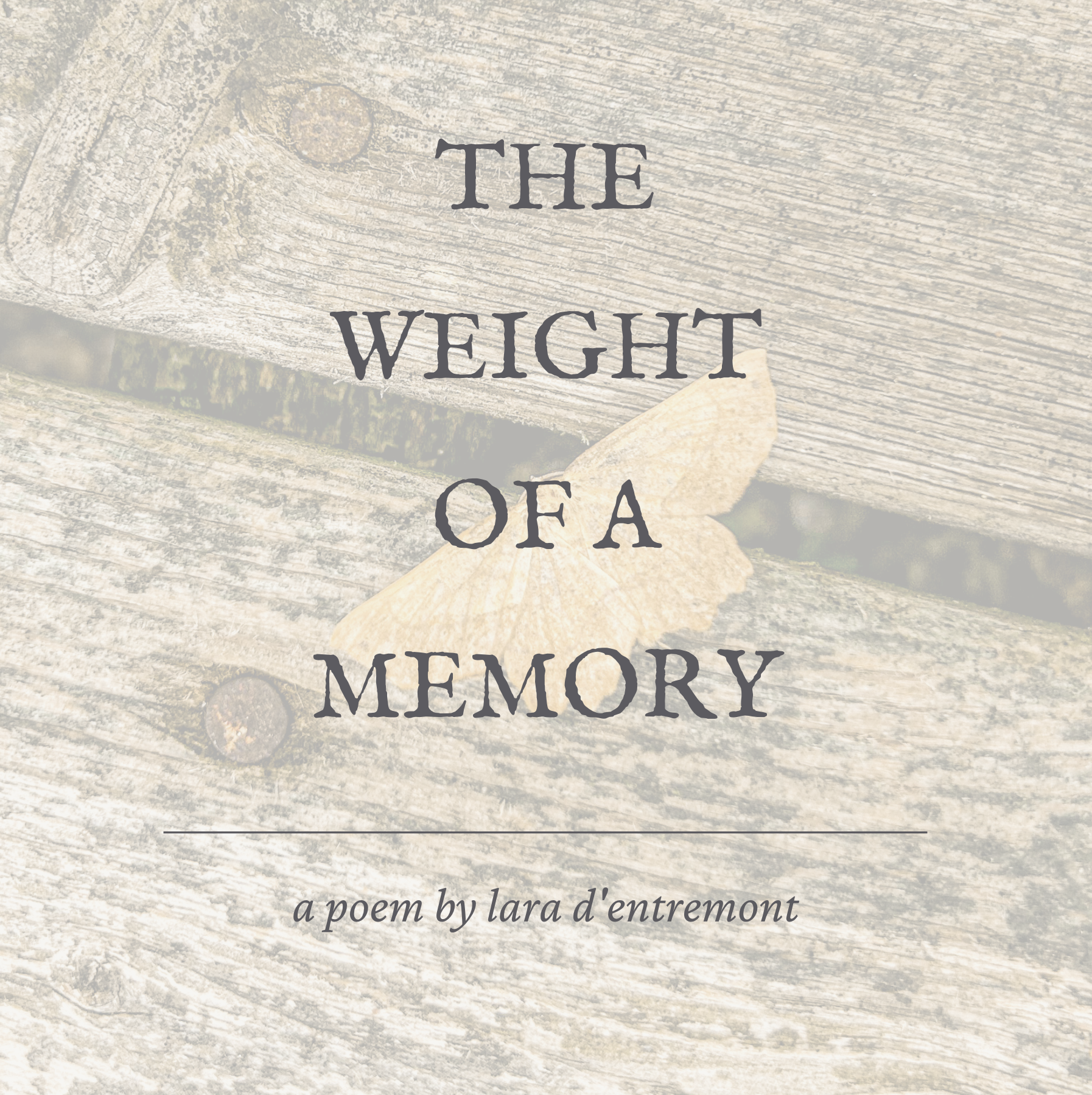Taking Every Thought Captive in the Storm
When weather permits, my family walks along the local trails. The trail stretches between the forest and the roaring ocean, giving you a cross of cool salty air and the fresh smell of pine trees.
One day after a windstorm, we passed a few trees that had either fallen over or whose roots were barely clinging to the dirt. They laid broken and beaten on the forest floor. On the ocean side, where trees grow sideways up from the cliff and wrap their roots around rocks and crumbling earth, the trees towered towards the sky as they had before the hurricane. Only a few of their limbs and needles were scattered on the trail.
The oceanside trees are well-acquainted with unforgiving weather. They know the battering wind from the ocean. They know it takes deep roots and a strong grasp to stand tall. Any tree that didn’t learn those skills would have shriveled and crumpled in its infancy. They had to learn the strength required of them by withstanding the strong wind.
My family likewise felt battered by many storms that day. Postpartum depression after our first child was born. Dear friends moved away. We moved. We lived through two miscarriages. We finally became pregnant again and were blessed with twins, but the pregnancy was hard—six weeks of incapacitating morning sickness and six weeks spent under the care of a hospital three hours away from our home and toddler.
Tears in my hands and babies at my feet, I often asked God why he put us through it all. What was the purpose? What good did any of it do? What use was it to batter us so harshly with so many storms at once? Our life was fairly smooth until that year, then our roots were nearly torn from the ground. My faith felt frail.
Everyone says that suffering has a greater purpose. But what does that mean? What purpose does suffering actually serve in our lives as believers? If we’re God’s beloved, adopted children, why does he allow suffering in our lives?
Passing these trees each day, I wondered if they showed me the good. Maybe the good was that when all the winds had battered me, maybe my roots would be a bit deeper and not ripped up by the following hurricane. Maybe I would have a stronger grip than I did before. Maybe I would stand taller during the next storm that came.
I may never know for sure, like Job after his terrible trials. But this we can know for certain: God’s love never changes, and he loves us as much before our trials as he did during and after.
Our hearts may raise lofty statements against the truth. In our minds, we can store up theology and truth we have studied in the Word of God. But it’s one thing to know the truth and another to believe it. And some days, it will be a fight to believe it.
In the middle of the hurricane of turmoil, grief, fear, and uncertainty, our hearts will raise up proud arguments against the knowledge of God. Our hearts may tell us God is not near, he does not care, he does not know, or he is not in control.
These are the times we need to fight to believe our theology. We need to take those disobedient, unruly thoughts captive, rather than allowing them to roam freely in our minds and hearts. Our theology must shape us, not just intellectually, but also emotionally and physically. How we respond and feel when life tilts a little bit differently should be fashioned by our theology.
As those who love theology, we are so quick to dismantle the false teachings of others, yet we allow the same heretical beliefs to rule in our own hearts. Friend, let us, with Paul, demolish arguments and every proud thing that is raised up against the knowledge of God, and take every thought captive to obey Christ—not only against others, but also against our own wayward hearts.
With what kind of love does he love us? God so loved his children that he sent his only Son to die the death we deserved so we may spend eternity in his presence, where all crooks shall be made straight.
Thomas Boston, a puritan who faced many of his own trials, wrote in his book The Crook in the Lot that suffering “Wean[s] one from this world, and prompt[s] him to look after the happiness of the other world … whatever use we make of the crook in our lot, the voice of it is, Arise ye, and depart, this is not your rest” (p. 24).
Whatever our suffering may be, it will cause us to long for our eternal rest where all crooks shall be made straight, every tear dried, and every ailment touched by God’s healing hand. As I look back at some of our darkest days and the pain some of them stirs within me, I look forward to the day when God will be glorified in bringing each of us safely home. This is where we can set out minds when grief, fear, anxiety and all other truth-dismantling thoughts prevail against us.







